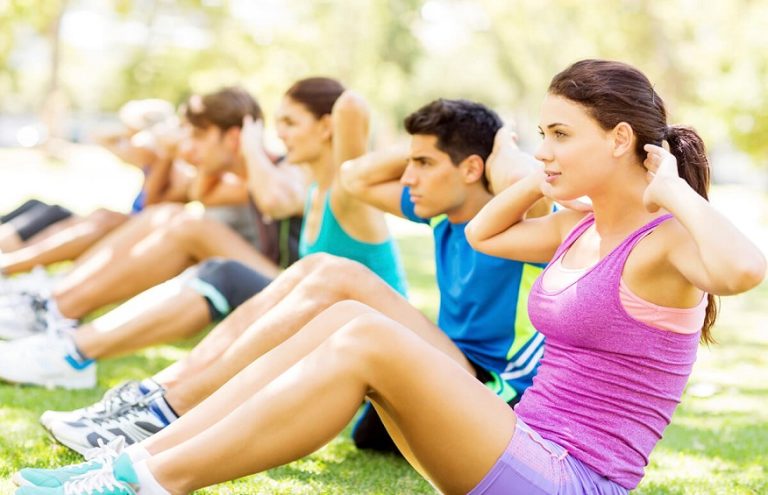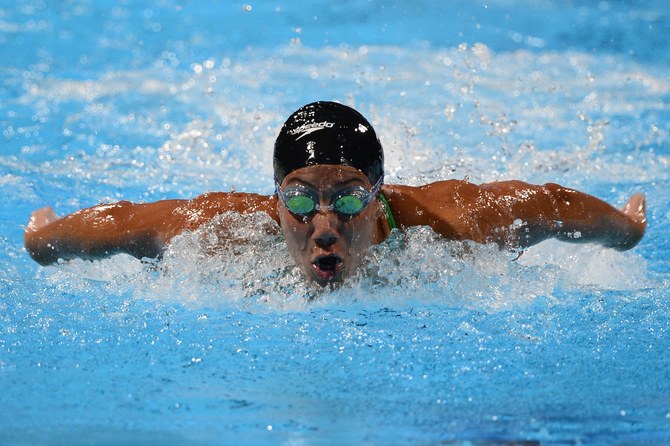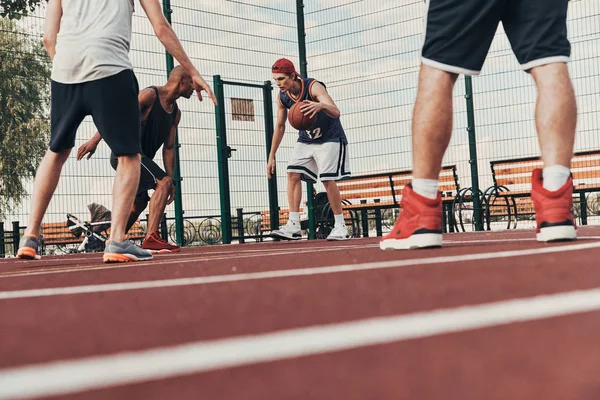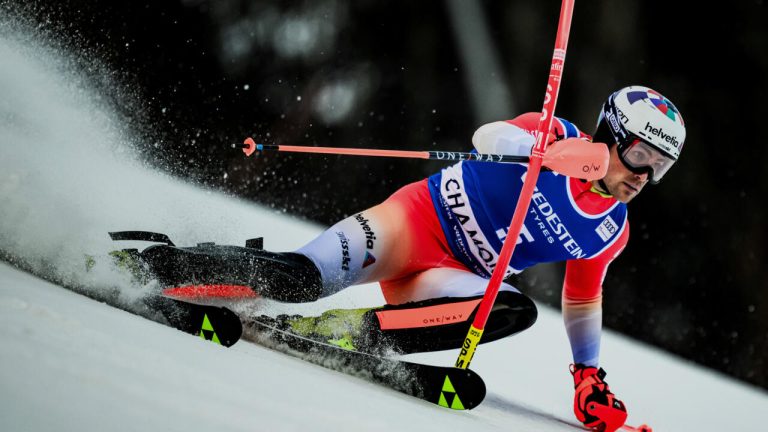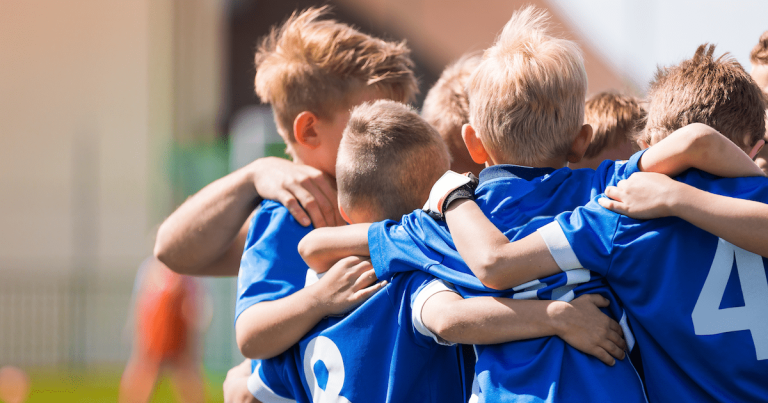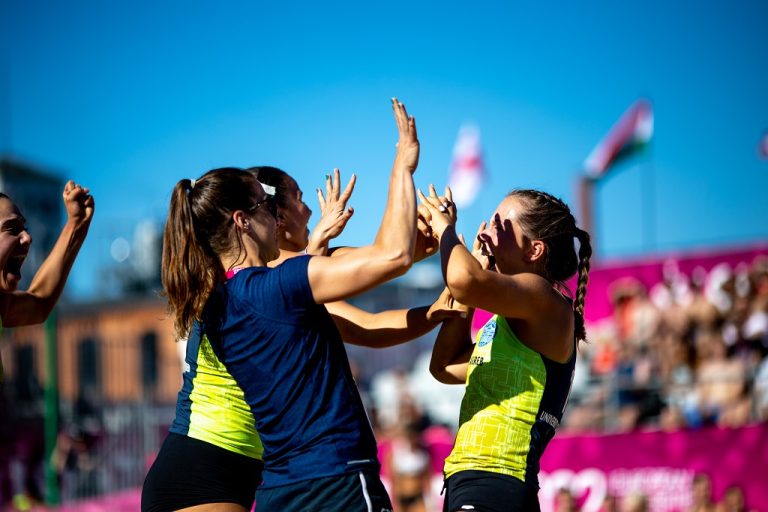Enhancing Focus and Concentration Through Sports Psychology
The quest to enhance focus and concentration has been a prominent topic long before the onset of the global pandemic. Achieving improved focus and concentration is recognized as a key factor in achieving success across various facets of life. In 24hscore sports, for instance, a momentary lapse in concentration can tilt the balance between victory and defeat, while sharpened focus can elevate performance levels, leading to heightened productivity and accelerated skill acquisition.
Understanding Focus and Concentration

When discussing focus and concentration, it is essential to grasp their underlying meaning. According to sports scientists, concentration is defined as “the process by which all thoughts and senses are focused totally upon a selected object or activity to the exclusion of everything else.” While this state of concentration may come naturally at times, it can also be elusive. Like any skill, concentration can be cultivated through training, but the key lies in learning how to identify what to focus on and when.
Identifying Focus Needs
Reflecting on past experiences can provide valuable insights into understanding one’s focus requirements. By dissecting key moments and actions during a task, individuals can assess their concentration levels. Was the focus at the right intensity? Was there a tendency to daydream? Or was there intense focus, albeit on less relevant aspects? Maintaining a training diary can aid in recording concentration highs and lows, facilitating self-awareness and improvement.
Setting Concentration Goals

Utilizing insights gained from the training diary, individuals can pinpoint moments where focus tends to diminish and establish goals to mitigate such occurrences. Goals may range from practicing specific motions repeatedly to mastering them, thereby enabling better environmental focus. Seeking input from coaches or mentors can ensure that the goals align with key performance factors and enhance performance outcomes.
Developing Effective Routines
Establishing routines can serve as a catalyst for channeling focus and preparing for optimal performance. By incorporating set routines into pre-performance rituals, individuals can minimize distractions, allowing their minds to enter a state of familiar auto-pilot. Whether it’s listening to specific music, adhering to a morning breakfast routine, or engaging in pre-performance breathwork practices, routines foster concentration and readiness.
Utilizing Positive Mental Imagery
Visualizing successful outcomes can be a powerful tool in enhancing focus and concentration. Mental imagery not only prepares individuals for performance but also reinforces the importance of key performance factors. By visualizing success and focusing on controllable aspects, individuals can alleviate anxiety and instill confidence, leading to enhanced performance outcomes.
Understanding Emotional Impact on Focus

Emotional arousal plays a significant role in concentration levels, with heightened arousal often leading to decreased focus. Techniques such as breathwork and meditation can aid in lowering emotional arousal levels, fostering a calmer state conducive to concentration. Conversely, employing motivational self-talk and affirmations can boost emotional arousal when needed, empowering individuals to tackle challenges with confidence.
Managing Physiological Responses
The physiological responses elicited by exercise can impact concentration levels, particularly during high-intensity activities. Acknowledging these responses, such as sweating or heavy breathing, is crucial, as they may divert attention from the task at hand. By accepting these responses and employing self-talk techniques, individuals can redirect focus back to the task, optimizing performance outcomes.
Conclusion
In conclusion, enhancing focus and concentration through sports psychology techniques is essential for maximizing performance potential across various domains. By identifying focus needs, setting goals, developing effective routines, utilizing mental imagery, understanding emotional impact, and managing physiological responses, individuals can cultivate a heightened state of concentration conducive to achieving desired outcomes. With deliberate practice and application of these techniques, individuals can unlock their full potential and elevate their performance to new heights.


